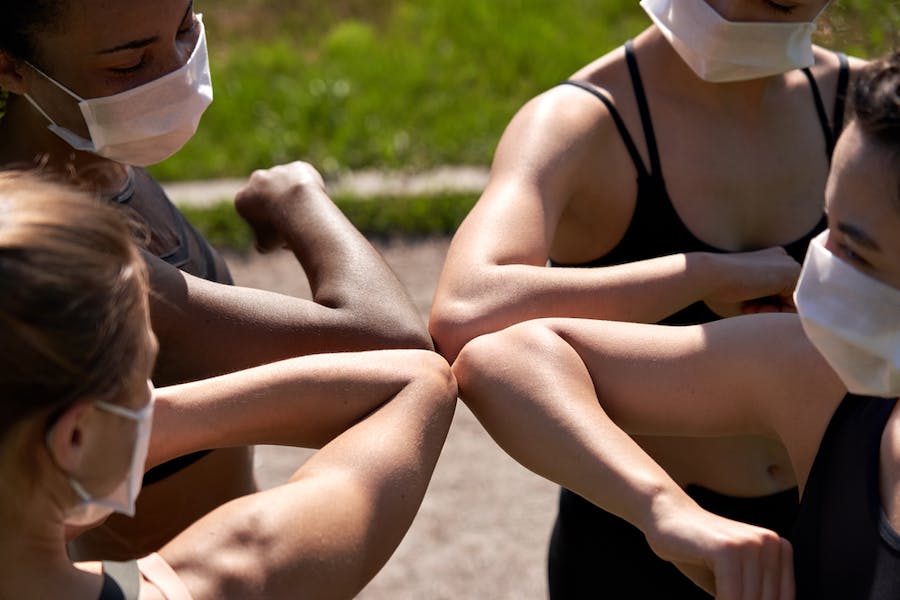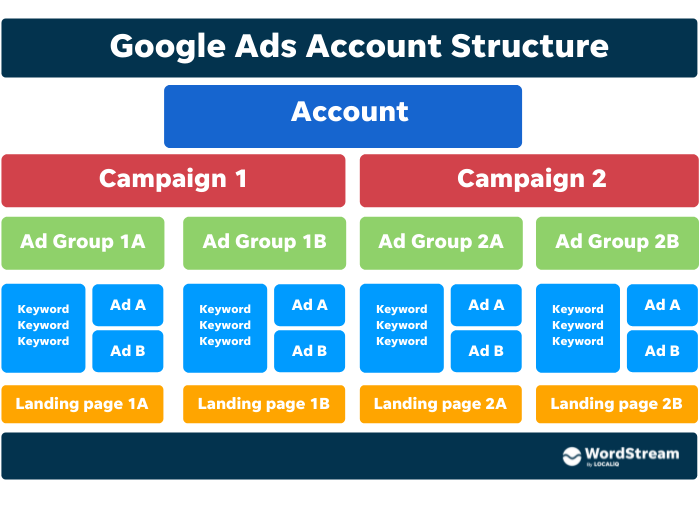
Each November, JetBlue celebrates ‘JetBlue for Good’ – an initiative that highlights the airline’s charitable efforts in aid of its local communities and nonprofit partners.
“When you’re a company like [Uber] that has said many things in the past that perhaps we haven’t lived up to, or people haven’t trusted, just telling people we’re going to be different and we care about these things might not mean so much,” he said. “Actually, we need to show people through our behaviours, actions, and commitments.”
Speaking to Marketing Week, Uber’s vice-president of global marketing, Thomas Ranese – who was appointed six months before Covid hit – explained how the campaign was designed with real action in mind, rather than a simple or shallow-sounding message.
While some brands have been accused of ‘pinkwashing’ in recent times, which is when a brand seemingly profits off of Pride or the shallow representation of LGBTQ+ communities, Starbucks’ sensitive and empowering portrayal – and long-standing history of inclusion – makes ‘What’s Your Name’ a leading example of cause marketing done right.
Uber – Move What Matters
Through campaigns like this, JetBlue has established itself as a company that continually strives to have a positive impact on social and environmental issues at important times – as well as all year round.
As well as encouraging people to stay at home, Uber also took the opportunity to help out local restaurants with its ‘Restaurant Contribution’ initiative via its Uber Eats app. Alongside the million donated by customers, Uber pledged to match contributions with a donation to the National Restaurant Relief Fund, raising a total of M for restaurant workers and delivery people who were financially impacted by the pandemic. Finally, Uber used its Uber Freight service (which connects carriers and drivers with companies that need to move cargo) in order to move supplies and critical goods with zero profit pricing.
Cause marketing has come to the forefront since the pandemic, with many big brands recognising the importance of charitable giving – and the impact it can have on consumer opinion.
IBM research found that, in 2020, 40% of consumers now fall into the category of ‘purpose-driven’, meaning they seek out companies which align with their values (such as sustainability). And according to Deloitte’s Global Millennial Survey 2021, Millennial and Generation Z consumers are those most likely to shun companies who conflict with or don’t share their personal values.
Research has shown that just 0.3% of TV adverts feature a transgender person, despite the community making up an estimated 1% of the population. On the back of this, Starbucks launched #WhatsYourName in 2020 – a campaign that illustrates the journey of a young trans person changing their name.
While ‘JetBlue for Good’ is one of the airline’s most notable long-running campaigns, it’s worth noting that the airline encourages and rewards employees for volunteer work all year round, resulting in crew members clocking in an impressive one million hours by November 2019. As Forbes explains, when crew members log 50 hours, JetBlue’s “Flight for 50” program rewards them with round-trip tickets which they can donate to the charity of their choice.
Starbucks – #WhatsYourName
In order to produce the advert in a sensitive and authentic way, Starbucks teamed up with Mermaid, a charity that supports gender-diverse children, young people, and their families. The coffee giant took on the aim of donating a minimum of £100,000 to Mermaids through the sale of a special edition mermaid cookie in stores.
As part of its 2020 campaign, JetBlue announced that it would be donating three million TrueBlue points to a number of charities, enabling them to use the points for any travel necessary to advance their mission. Further to this, the airline asked its customers to donate their own loyalty points to help non profit organisations continue their work within their local communities.
With this in mind, here are some recent examples of cause marketing campaigns from Starbucks, JetBlue, and Uber – three brands targeting purpose-driven consumers.
By tying in an accessible fundraising initiative, Starbucks further enhanced the campaign’s message (and authenticity) as well as its own wider brand values. Through Starbucks’ support, Mermaids will be able to further invest in its helpline, which has reportedly seen over 600% increase in demand in the past five years.
[embedded content]
JetBlue has a history of charitable giving in order to impact the areas where its customers and crew members live and work. Since 2012, JetBlue has donated more than 23 million TrueBlue points to Make-A-Wish, in order for the charity to bring experiences of joy to children battling critical illnesses. Similarly, its ‘Soar with Reading’ initiative has provided more than .75 million worth of books to kids who need them most. Most recently, JetBlue’s ‘HealthCare Heroes’ campaign gave away 100,000 pairs of roundtrip flights to healthcare workers for use when travel restrictions lift.
JetBlue – JetBlue For Good
[embedded content]
Uber’s ‘Move What Matters’ campaign saw the ride-hailing and delivery company urging customers to stay at home rather than use its service at the start of Covid-19 lockdowns. The company also pledged to provide 10 million rides and food deliveries to healthcare workers, seniors, and people in need for free during the pandemic. As part of the campaign, Uber created an ad in partnership with Wieden+Kennedy and Prettybird, which saw stuck-at-home filmmakers document their ‘new normal’ at home, as well as Uber thanking the public for staying at home on behalf of those who had to go out to work.
The ‘Move What Matters’ campaign might have helped to improve Uber’s corporate image, but by adapting its own business model in order to directly help those impacted by the pandemic, it ensured that the over-arching goal (to serve a cause) shone through.
[embedded content]
The advert – which was named as the winner of Channel 4’s Diversity in Advertising Award – depicts the story of James, who does not identify with his birth name, Jemma. Drawing on the real-life Starbucks experience (whereby baristas ask customers for their name), we eventually see James find acceptance and reassurance in his new identity.
Cause marketing typically refers to the collaboration between a for-profit business and a non-profit organisation to raise awareness or fundraising for a common goal.

![Streaming Audio Advertising Guide [History + Tips]](https://research-institute.org/wp-content/uploads/2021/04/what-to-know-before-you-sell-your-small-business-768x432.png)


